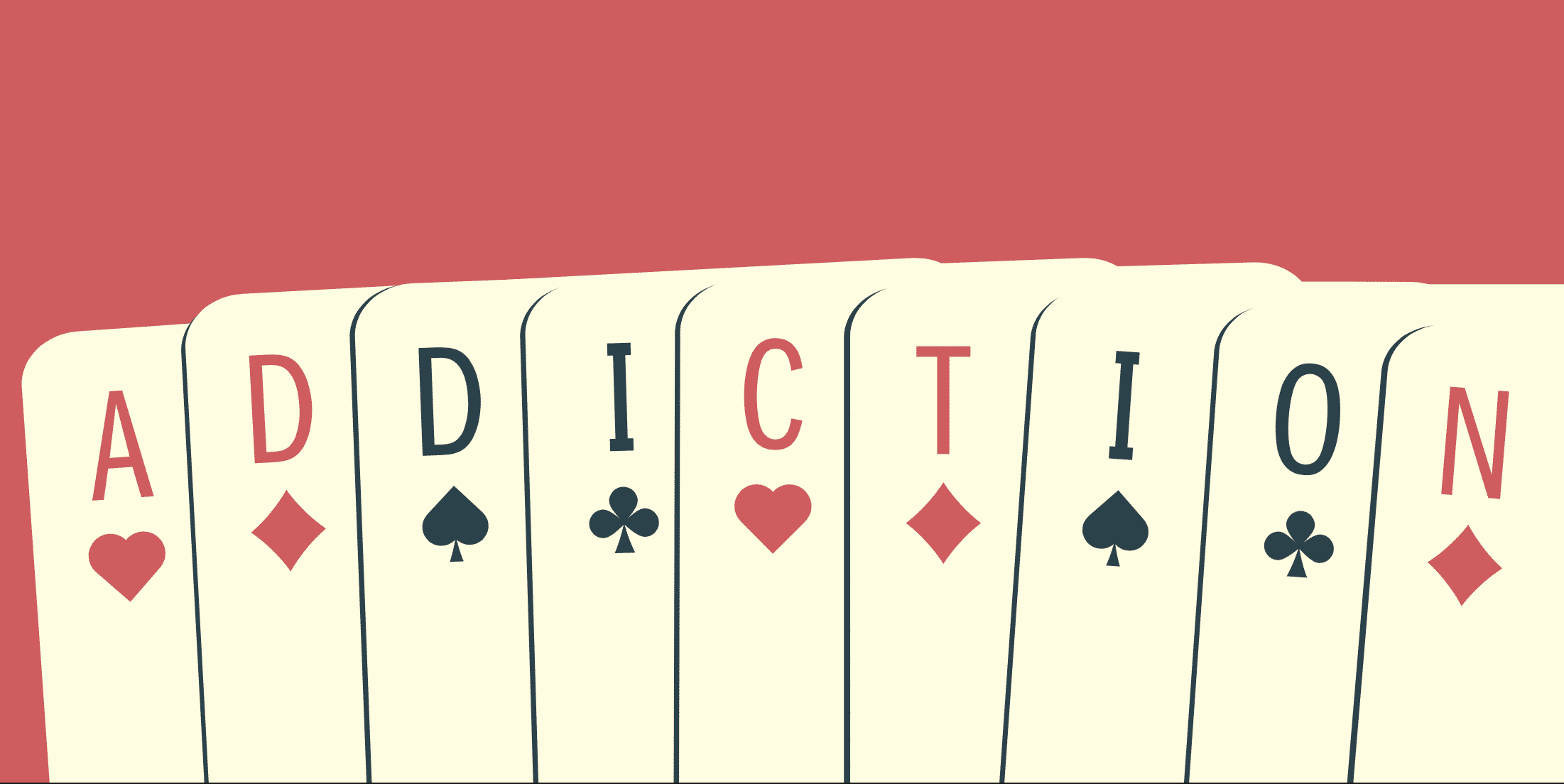Overcoming drug and substance addiction and getting addiction help is not an easy process, but it is possible. Recovery looks different for every single individual, which means the steps and resources needed for care will change depending on your specific needs.
For some, going into inpatient or outpatient care may be the right next step to manage withdrawal symptoms. For others, the next step may be acknowledging to a trusted friend or family member about wanting to get help. From there, a care team can be organized to best support your journey in overcoming drug and substance addiction.
It is important to recognize that seeking professional guidance for addiction is advised and further resources in your local and regional area can be found here.
By following the steps below, you can learn how to acknowledge and overcome addictive behaviors that have caused harm in your life, and for those around you. Each step guides you through the importance of walking forward, as well as tips for how to manage each part of the journey.
Step 1: Admit and Acknowledge Powerlessness to Addiction
Addiction help begins when a person is able to acknowledge that addiction is a disease beyond their control. Part of admitting substance abuse is learning to understand when it has become out of control in their life and has negatively impacted relationships, working ability, and their personal life.
In conjunction with Narcotics Anonymous 12-Steps, the first step is not a defeat, it is the beginning to understanding recovery and how there is a path beyond addiction. If the first step feels unmanageable at the beginning, reach out to a trusted friend or talk with others who are on the same step in the journey through a sober app.
Step 2: Believe That a Power Greater Can Help

A greater power means different things to each person. More commonly, people refer to a greater power as god, the universe, or karma, but it can be anything related to what inspires sobriety. The concept of belief relates to how you find hope in believing that recovery is a possible avenue for you.
Step 3: Turn Over Control
The next step in the recovery journey is to turn over control when it comes to addiction. In most cases related to drug and substance use, external help is required for a safe withdrawal process. Contacting a local treatment center gives the best opportunity to find the right help for your specific circumstance.
By consulting a quit drinking app, you can search for local treatment centers or connect with local NA meetings that help give support when letting go and finding help to overcome addiction.
Turning over control does not fully involve external help either, it also means internally recognizing what you can do to identify triggers and create new positive habits and routines.
Step 4: Conduct a Soul Search
Soul searching can be a painful part of understanding how your addiction affects you and others around you. This step is often used to take personal inventory of addictive behaviors, triggers that lead to drug and substance use, as well as identifying ways towards change.
Addiction help at this stage is critical, as mental health triggers can lead to repercussions if trusted friends or health providers are not notified that you may need extra support. When processing and analyzing your addictions, make sure to seek professional support to move through negative patterns of thinking.
Step 5: Talk Through Wrongdoings
While it takes courage to process addiction on your own, it is another step forward when it comes to talking to those you care about, your coworkers, and your family members or friends who have been hurt by behaviors related to your addiction.
In this step, you share what you have written down in step 4 to a trusted advisor (often called a sponsor), and go over your resentments, fears and misconduct, and acknowledge the role you played in that resentment.
Shame and guilt are strong proponents when overcoming addiction, and can often be one of the reasons why people are hesitant in admitting their destructive actions that caused harm. Acknowledgement can be directly to a person, or through meetings and support groups where you can share your story in an environment that listens and supports your recovery journey.
Step 6: Be Open To Change

By utilizing a sobriety app, you can access resources that help you move away from bad habits and make real change for a long-term sober journey. Many apps have built-in features for retraining thoughts and community resources for when a potential relapse arises. It is important to remember that sobriety is not linear, and there may be times where you will have to reset the clock and be open to change again.
Step 7: Hold Humility Towards Shortcomings
Drug and substance addiction is not something that can be overcome with just the will to move forward. Addiction is a disease that can take a hold of the mental and physical sides of the body, which inhibit from full control during recovery.
A quit drinking app or sobriety resource can help you identify how a greater power can play an integral role in overcoming addiction and knowing it is not fully in your control.
Step 8: Be Willing To Make Amends
Forgiveness is a key part in recovery, but it does not often come easy. For many who have suffered with addiction, there are family members and close friends who have been continually hurt from destructive behaviors. By asking forgiveness and learning how to navigate beyond pains is an important aspect for long-term recovery.
While addiction can be self-serving, making amends puts the focus outside of yourself to find common ground again with important relationships. Not every person may be open to you sharing your wrongdoings, but a recovery app can serve as a place for you to share your stories and seek valuable support from others who have experienced similar situations.
Step 9: Directly Get In Touch With Those Who Have Been Hurt
In person apologies may not always be possible, and in some situations, it may cause further harm and should be avoided. If you are uncertain whether approaching someone in your life will be a good decision, consider consulting a peer mentor or certified counselor through a sobriety app to help make the best decision possible for your situation.
Acceptance of addiction is one part of overcoming it, but it also means understanding that past relationships and friendships may not hold forgiveness towards wrongdoings. With that in mind, the level of control or need for forgiveness can be let go of for you to walk forward in your own recovery.
Step 10: Write Down Current and Future Behaviors
It is difficult to take personal inventory the first time when accepting addiction, but it does not stop there. Recovery is an ongoing journey that can bring up past triggers or cultivate negative habits if not closely monitored.
By writing down current behaviors and ones you hope to have in the future, you can keep a better track of how your moods, circumstances, and actions influence your daily routines. Consider downloading a sober app to find more straightforward ways to log and monitor your recovery process.
Step 11: Seek Connection

If you have trouble knowing how to start, download a recovery app that has audio tracks for meditations. Many apps available have meditations specific to alcohol and drug addictions, which makes the ability to find connection in your sober journey easier.
Alongside meditations, look for apps that include daily reminders of encouragement that help reinforce positive thinking and active connection to yourself, and those around you.
Step 12: Carry The Message Forward
After every step you are able to learn more about your relation to addiction and how it affects multiple aspects of your life. With your story, you can carry the message forward on how you put the steps in place to overcome addiction and live a life in recovery.
Trying to be sober is a difficult and challenging process, but it is possible. With the acknowledgement that addictions are outside of your control, you can reconfigure what recovery can look like for you now, and in the future.
Every person is different in their approach and needs for living a sober lifestyle. At times it may feel somber, but it does not have to be when you discover that beyond addiction there is a place for sober friendships and positive thinking.
If you are struggling with addiction, consider contacting a treatment center or reaching out through a telehealth number to find the right resources that are specific to your addiction recovery needs.
If you are looking for where to start your recovery journey, find out more through Loosid guides.


